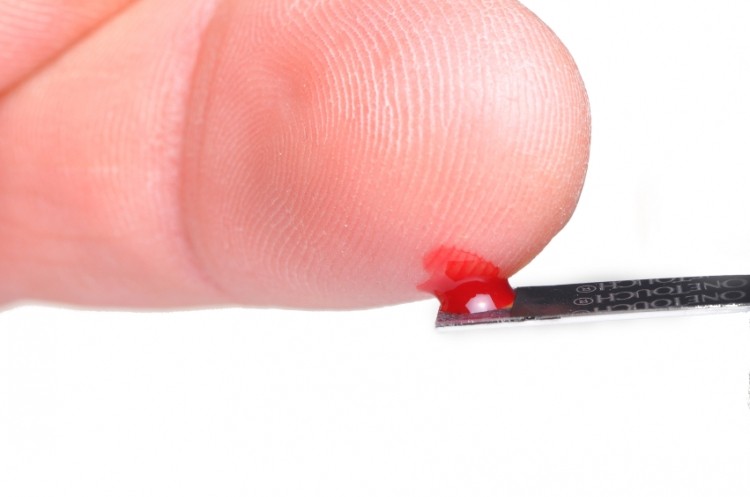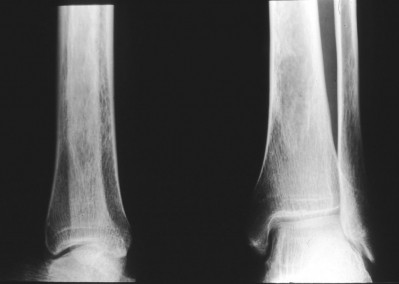Vitamin D deficiency doesn't speed up T1 diabetes, say scientists

The research built on previous analysis which revealed that children who had not yet developed clinical type 1 (T1) diabetes, but had multiple positive diabetes-specific autoantibodies in their blood, also had lower vitamin D levels than those without these autoantibodies.
The researchers said this link between vitamin D deficiency and the beginnings of T1 diabetes, caused perhaps by an immune system response, meant vitamin D supplementation may be worth considering for prediabetic children.
Measuring deficiency
The scientists from the Institute of Diabetes Research, Helmholtz Zentrum München and the Diabetes Research Group at the Technische Universität München, sought to examine whether a vitamin D deficiency occurs during an early stage of T1 diabetes and whether this vitamin deficiency influences the progression to T1 diabetes.
This was defined by the presence of multiple diabetes-specific islet autoantibodies. Autoantibodies are antibodies made by our immune system that attack our own proteins. The diabetes-specific autobodies, islet autoantibodies, are markers that appear when insulin-producing beta cells in the pancreas are damaged and are used to estimate an individual’s risk of developing T1 diabetes since they can be detected a long time before beta cells are completely destroyed.
The research, published in Diabetologia, measured vitamin D levels in 108 children with multiple islet autoantibodies within 2 years of islet autoantibody seroconversion, 406 children who remained islet autoantibody-negative and 244 patients with newly diagnosed T1 diabetes. They found that vitamin D deficiency was higher in children with prevalent multiple islet autoantibodies than in islet autoantibody-negative children, with this difference being most significant in the summer.
There was a similar rate of development of T1 diabetes 10 years after seroconversion - the development of these detectable antibodies - across children with vitamin D deficiency and those with sufficient levels of the vitamin.
The research suggests then that vitamin D deficiency does not speed up the progression T1 diabetes within children with multiple islet autoantibodies.
Supplementation
However, the researchers did still warn it is necessary to be “mindful” of vitamin D deficiency within this demographic. Professor Ziegler, one of the researchers behind the study, said: "Vitamin D deficiency precedes the onset of type 1 diabetes. This may be a consequence of an immune response. In the case of prediabetic children, we must therefore be mindful of the risk of vitamin D deficiency and consider recommending vitamin D supplementation at an early stage of type 1 diabetes."
Source: Diabetologia
Published online ahead of print, doi 10.1007/s00125-014-3181-4
“Prevalence of vitamin D deficiency in pre-type 1 diabetes and its association with disease progression”
Authors: J.Raab, E. Z. Giannopoulou, S. Schneider, K. Warncke, M. Krasmann, C. Winkler and A.G. Ziegler















